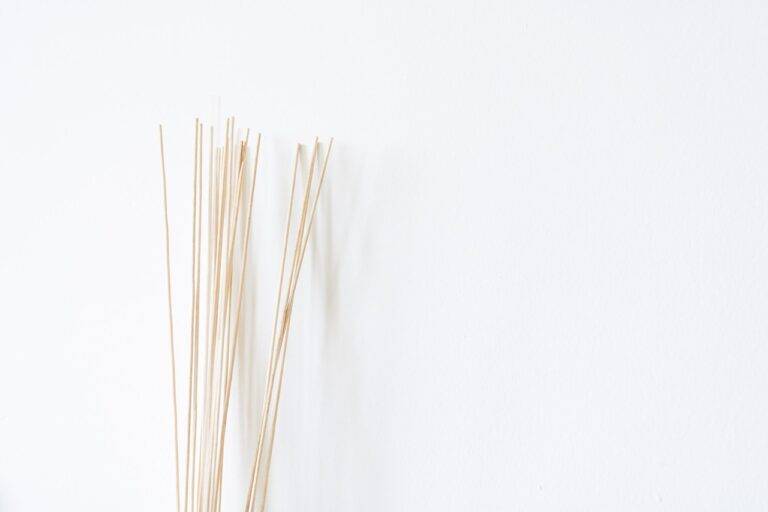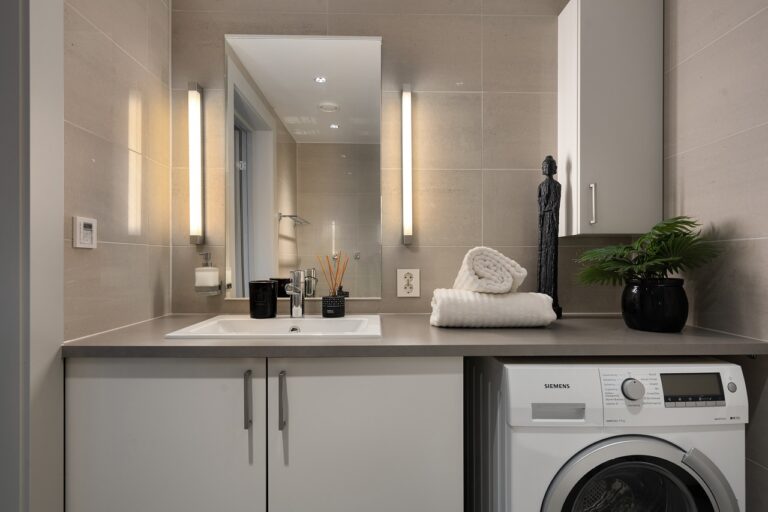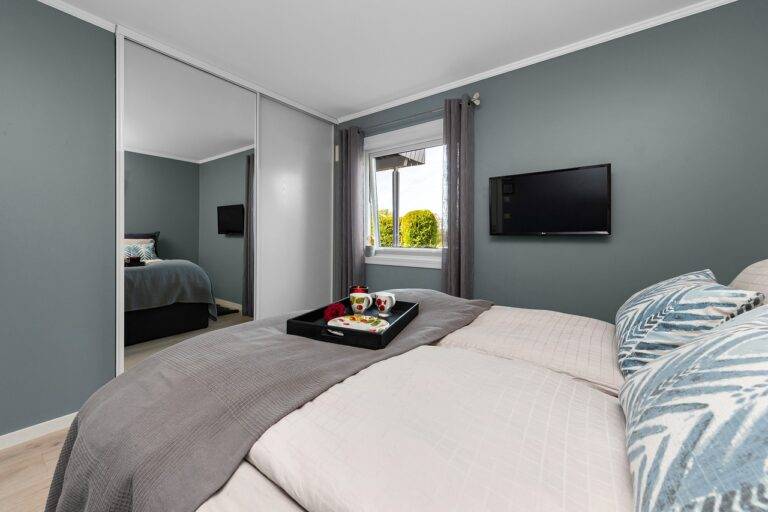The Role of Ventilation in Home Health and Safety: Cricketbets999.com login, 11xplay reddy login, Betbhai 9.com
cricketbets999.com login, 11xplay reddy login, betbhai 9.com: Ventilation is an essential element in maintaining a healthy and safe home environment. Proper ventilation helps to reduce indoor air pollutants, control humidity levels, and prevent the build-up of mold and mildew. In this article, we’ll discuss the important role of ventilation in home health and safety.
1. What is ventilation?
Ventilation refers to the movement of air in and out of a space. It is crucial for maintaining good indoor air quality and preventing the build-up of harmful pollutants. Ventilation can be achieved through natural means, such as opening windows and doors, or through mechanical systems like exhaust fans and air purifiers.
2. Importance of ventilation in home health
Proper ventilation plays a significant role in maintaining a healthy home environment. By allowing fresh air to circulate, ventilation helps to remove indoor pollutants such as carbon monoxide, volatile organic compounds (VOCs), and allergens. This can improve air quality and reduce the risk of respiratory problems and other health issues.
3. Controlling humidity levels
Ventilation is also essential for controlling humidity levels in the home. High humidity can promote the growth of mold and mildew, which can exacerbate respiratory problems and cause damage to surfaces in the home. Proper ventilation helps to remove excess moisture from the air, preventing these issues.
4. Preventing the build-up of pollutants
Indoor air pollutants can come from a variety of sources, including cooking, cleaning products, and off-gassing from furniture and building materials. Without proper ventilation, these pollutants can accumulate in the indoor environment, leading to poor air quality and potential health risks. Ventilation helps to remove these pollutants, keeping the air clean and safe to breathe.
5. Types of ventilation systems
There are several types of ventilation systems that can be used in homes, including exhaust fans, whole-house fans, and air purifiers. Each of these systems has its own advantages and drawbacks, so it’s essential to choose the right one for your specific needs.
6. Maintaining ventilation systems
It’s crucial to regularly maintain ventilation systems to ensure they are functioning correctly. This includes cleaning filters, checking for blockages, and scheduling regular inspections by a professional. Proper maintenance can help to prevent breakdowns and ensure that your ventilation system is effectively removing indoor pollutants.
FAQs
Q: How often should I change the filters in my ventilation system?
A: It’s recommended to change the filters in your ventilation system every 3-6 months, depending on the manufacturer’s guidelines and the level of use.
Q: Can I improve ventilation in my home without installing a mechanical system?
A: Yes, you can improve ventilation by opening windows and doors, using exhaust fans in bathrooms and kitchens, and placing air purifying plants throughout your home.
Q: How can I tell if my home has poor ventilation?
A: Signs of poor ventilation include condensation on windows, musty odors, and the presence of mold and mildew in damp areas of the home. If you notice these signs, it’s essential to improve ventilation to protect your health and safety.
In conclusion, ventilation plays a crucial role in maintaining a healthy and safe home environment. By ensuring proper ventilation, you can improve indoor air quality, control humidity levels, and prevent the build-up of harmful pollutants. Remember to regularly maintain your ventilation systems to ensure they are operating effectively and protecting your health and well-being.







